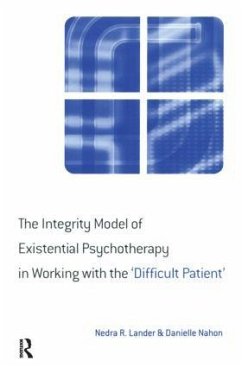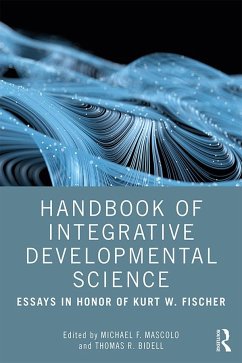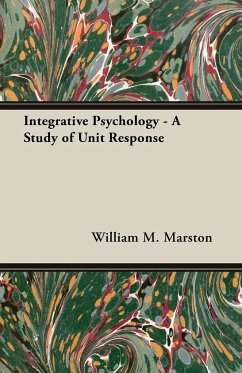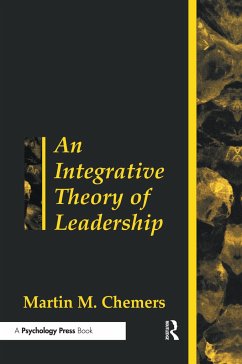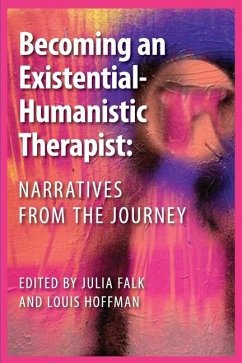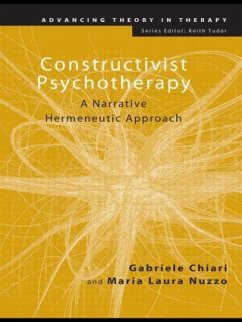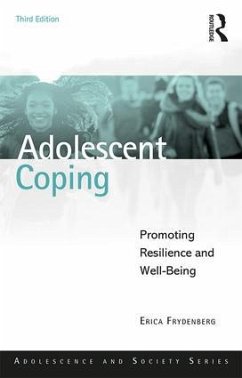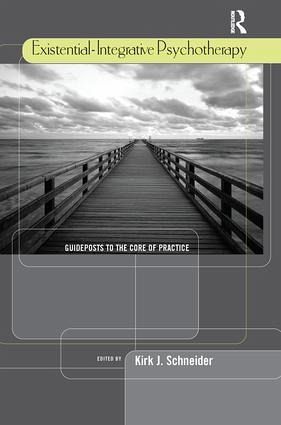
Existential-Integrative Psychotherapy
Guideposts to the Core of Practice
Herausgeber: Schneider, Kirk J.
Versandkostenfrei!
Versandfertig in 1-2 Wochen
55,99 €
inkl. MwSt.

PAYBACK Punkte
28 °P sammeln!
Existential-Integrative Psychotherapy promises to be a landmark in the fields of psychotherapeutic theory and practice. A comprehensive revision of its predecessor, The Psychology of Existence, co-edited by Kirk Schneider and Rollo May, Existential-Integrative Psychotherapy combines clear and updated guidelines for practice with vivid and timely case vignettes. These vignettes feature the very latest in both mainstream and existential therapeutic integrative application, by the top innovators in the field. The book highlights several notable dimensions: a novel and comprehensive theory of inte...
Existential-Integrative Psychotherapy promises to be a landmark in the fields of psychotherapeutic theory and practice. A comprehensive revision of its predecessor, The Psychology of Existence, co-edited by Kirk Schneider and Rollo May, Existential-Integrative Psychotherapy combines clear and updated guidelines for practice with vivid and timely case vignettes. These vignettes feature the very latest in both mainstream and existential therapeutic integrative application, by the top innovators in the field. The book highlights several notable dimensions: a novel and comprehensive theory of integrative existential practice; a premium on mainstream integrations of existential theory as well as existential-humanistic integrations of mainstream theory; a focus on integrative mainstream as well as existential-humanistic practitioners, students, and theorists; a discussion of short-term and cognitive-behavioral existential-integrative strategies; a focus on ethnic and diagnostic diversity, from case studies of multicultural populations to vignettes on gender, sexuality, and power, and from contributions to the treatment of alcoholism to those elucidating religiosity, psychoses, and intersubjectivity.





